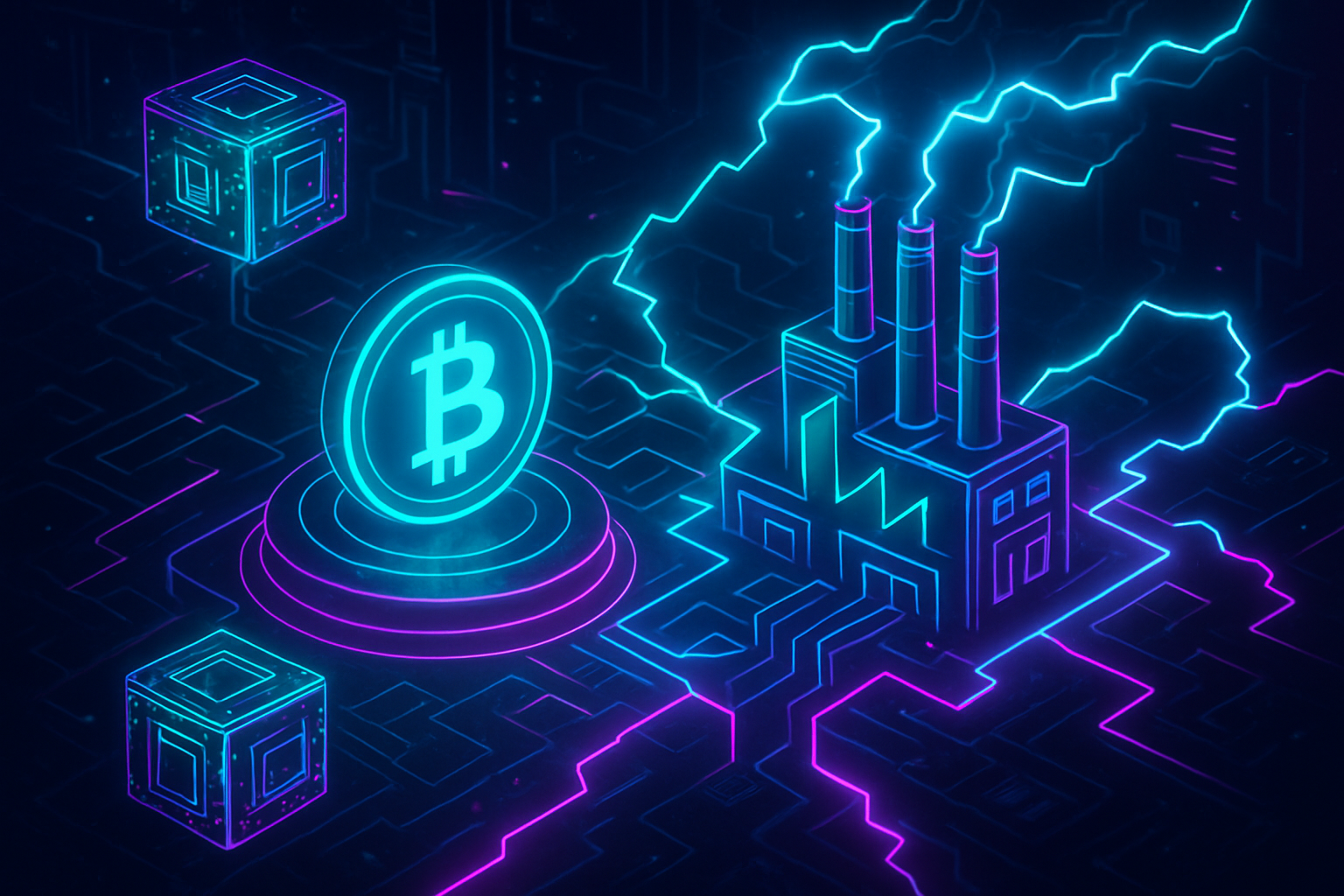
Bitcoin’s Lightning Network has long been celebrated as a breakthrough in blockchain scalability, but as usage climbs and applications diversify, the pressure to innovate mounts. With Bitcoin currently trading at $112,088.00, the stakes for efficient, low-cost, high-throughput transactions have never been higher. Enter BitScaler and channel factories: two synergistic technologies poised to redefine what’s possible on Bitcoin’s Layer 2.
Why Lightning Network Scalability Matters at $112,088.00
The Lightning Network is designed to move transactions off-chain, enabling near-instant transfers with minimal fees. However, as adoption grows, the network faces bottlenecks: opening and closing channels still requires on-chain Bitcoin transactions, which can become expensive and congested during periods of high demand. At a time when Bitcoin’s price hovers above $112,000, each on-chain transaction carries significant economic weight. This makes efficient channel management not just a technical concern, but a financial imperative for users and developers alike.
Channel Factories: Multiplying Efficiency with Fewer Transactions
Channel factories are a powerful concept that allows multiple Lightning channels to be created and managed using a single on-chain transaction. Instead of each user pair opening their own channel (each requiring its own blockchain entry), a group of participants can collectively open a “factory, ” which then facilitates the creation of many off-chain channels among them. This dramatically reduces the number of on-chain updates required for channel operations, slashing both congestion and transaction fees.
For example, consider a scenario where 10 users want to transact with each other. Without channel factories, this would require 45 separate channels and potentially 90 on-chain transactions (opening and closing). With a channel factory, all 10 users can establish their relationships with just one on-chain setup. This architecture is crucial for scaling the Lightning Network as Bitcoin’s price and usage continue to rise.
BitScaler: The Next Evolution in Bitcoin Scaling Solutions
BitScaler builds directly on the channel factory paradigm, introducing a suite of enhancements tailored for today’s high-demand environment. According to Cointelegraph, BitScaler leverages multi-party channel factories (MPCh) to consolidate vast numbers of off-chain transactions into a single on-chain action. This approach not only reduces blockchain congestion but also boosts transaction throughput, a critical factor for supporting advanced DeFi applications on Bitcoin.
What sets BitScaler apart is its non-custodial signing delegation mechanism. In traditional Lightning setups, all participants must be online to sign complex transactions. BitScaler introduces a third layer: a delegate can act as a co-signer without ever taking custody of user funds. This innovation makes it easier for users to participate in multi-party channels without sacrificing security or decentralization.
Transforming Bitcoin from Digital Gold to DeFi Powerhouse
By integrating channel factories and BitScaler’s unique enhancements, the Lightning Network is evolving from a simple payment rail into a robust platform capable of supporting complex financial applications. As highlighted by bitcoinops.org, these advancements are pivotal in reducing friction, lowering costs, and enabling new use cases that were previously impractical on Bitcoin’s base layer.
BitScaler’s architecture is especially compelling for developers and institutions exploring decentralized finance (DeFi) on Bitcoin. By removing the requirement for every channel action to touch the base chain, BitScaler dramatically increases the Lightning Network’s capacity for high-frequency, low-value transactions, making micro-payments and complex financial instruments viable at scale. The result is a more liquid, responsive network that can rival the throughput of traditional payment systems while maintaining Bitcoin’s trust-minimized ethos.
Economic efficiency is at the forefront of these innovations. As Bitcoin’s price holds above $112,088.00, transaction fees have become a key concern for both retail users and institutional actors. Channel factories, amplified by BitScaler’s design, allow users to share the cost of opening and closing channels. This collective approach not only reduces individual expenses but also democratizes access to Lightning’s benefits, inviting broader participation and deeper liquidity pools.
Key Benefits: Lower Fees, Higher Throughput, and Enhanced Security
Top 5 Benefits of BitScaler & Channel Factories
-
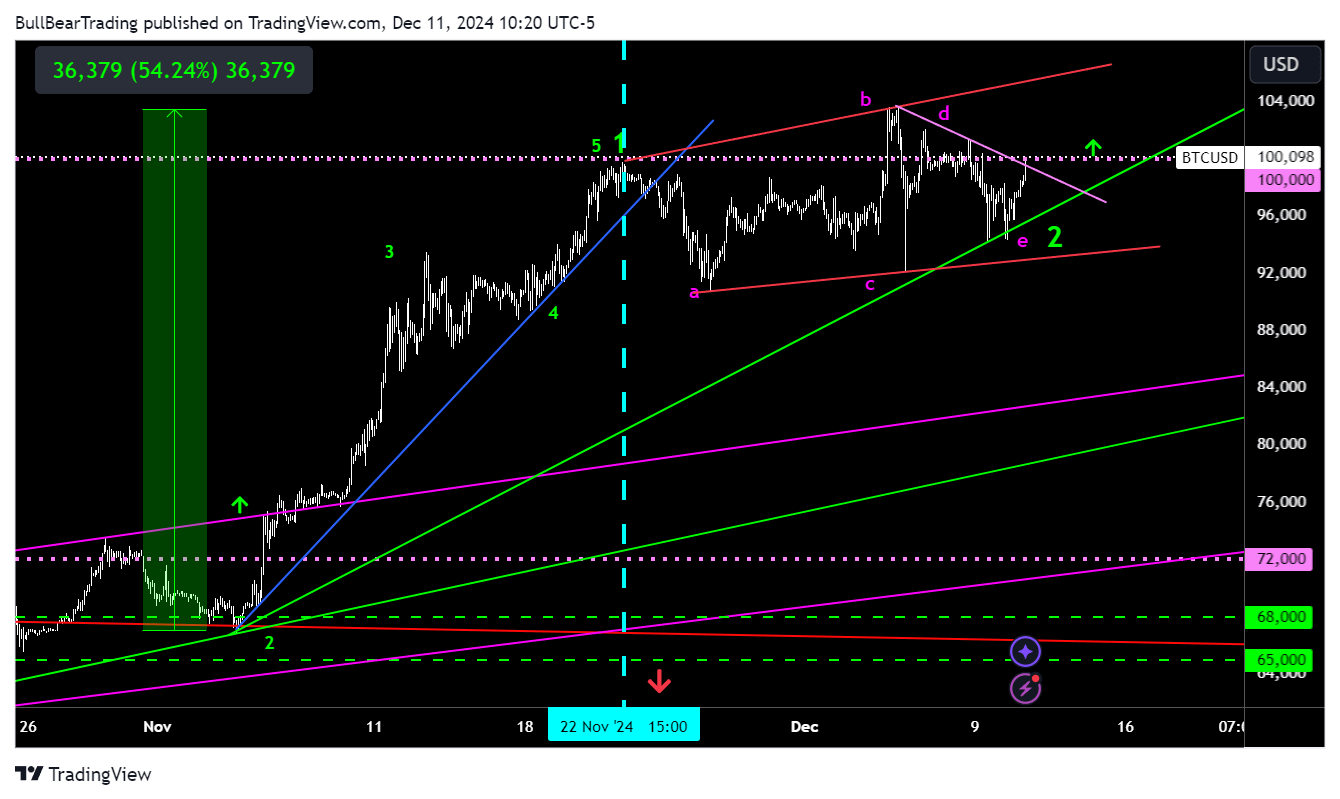
Massively Reduced On-Chain Transactions: BitScaler leverages channel factories to bundle thousands of Lightning channels into a single Bitcoin transaction, drastically lowering on-chain congestion and improving overall network efficiency.
-
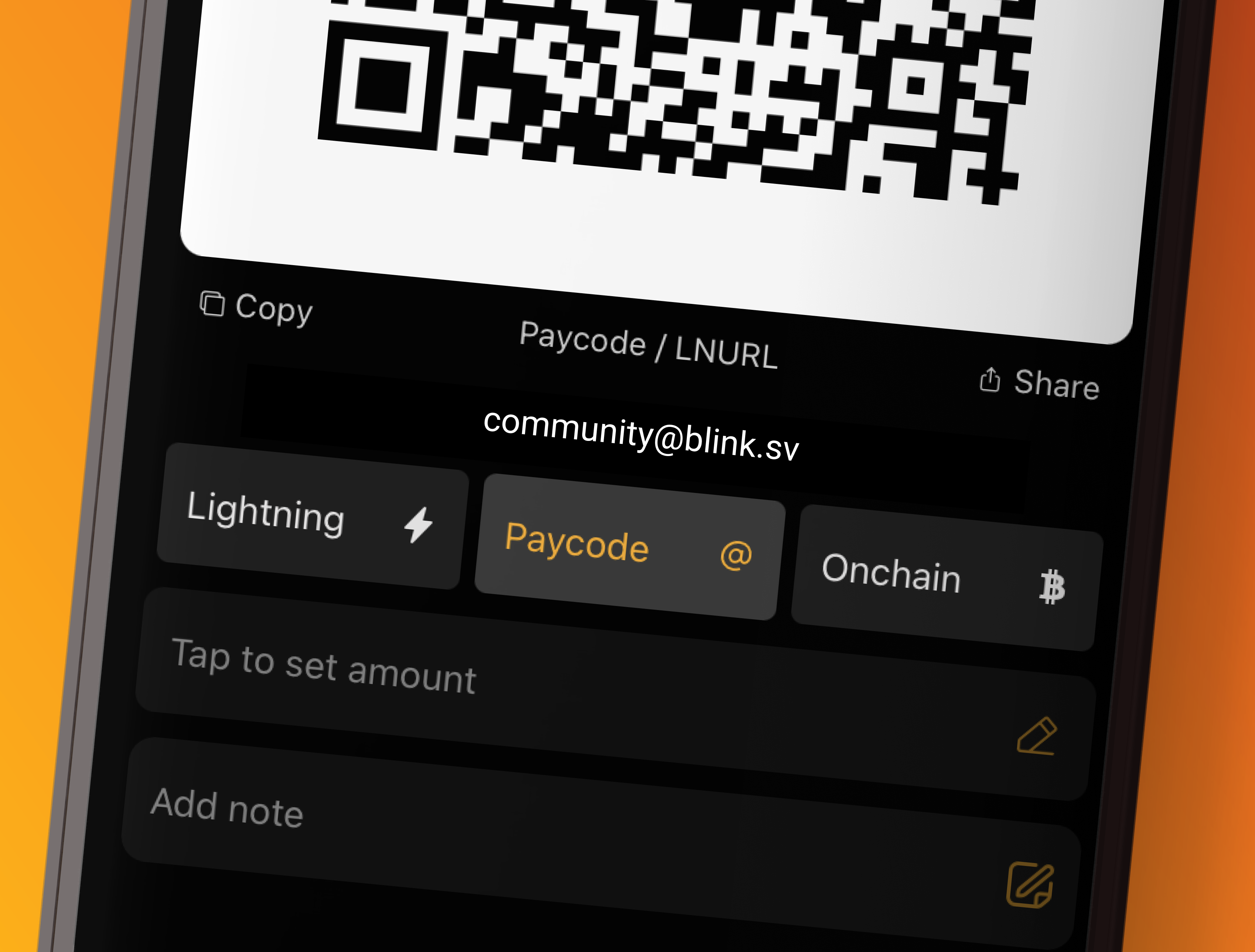
Lower Transaction Fees for Users: By minimizing the number of on-chain operations, BitScaler and channel factories help users save on transaction fees, making micro-payments and frequent transfers far more economical.
-
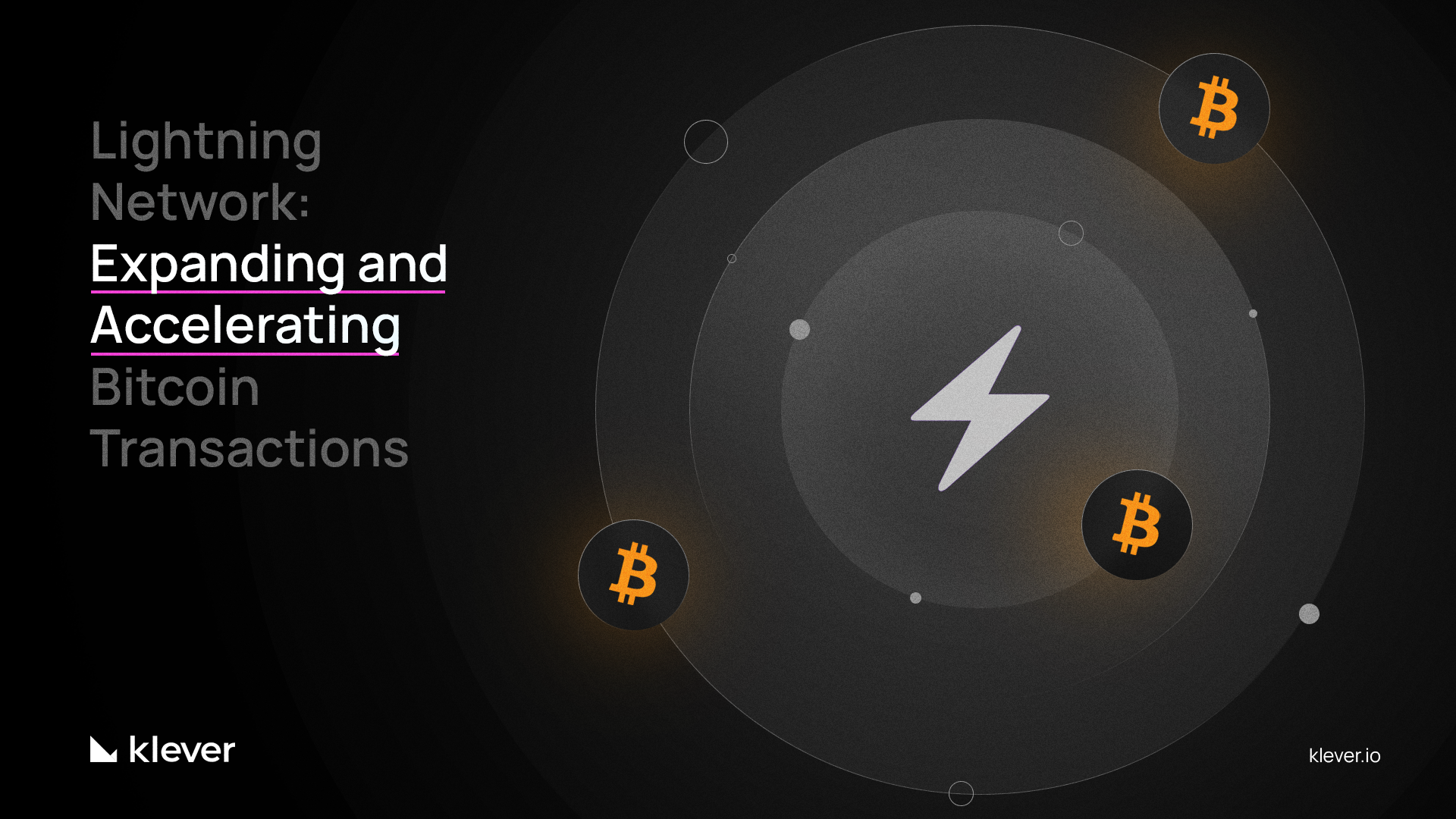
Significantly Increased Transaction Throughput: Consolidating off-chain transactions enables the Lightning Network to process a much higher volume of payments per second, supporting everything from daily payments to complex DeFi applications.
-
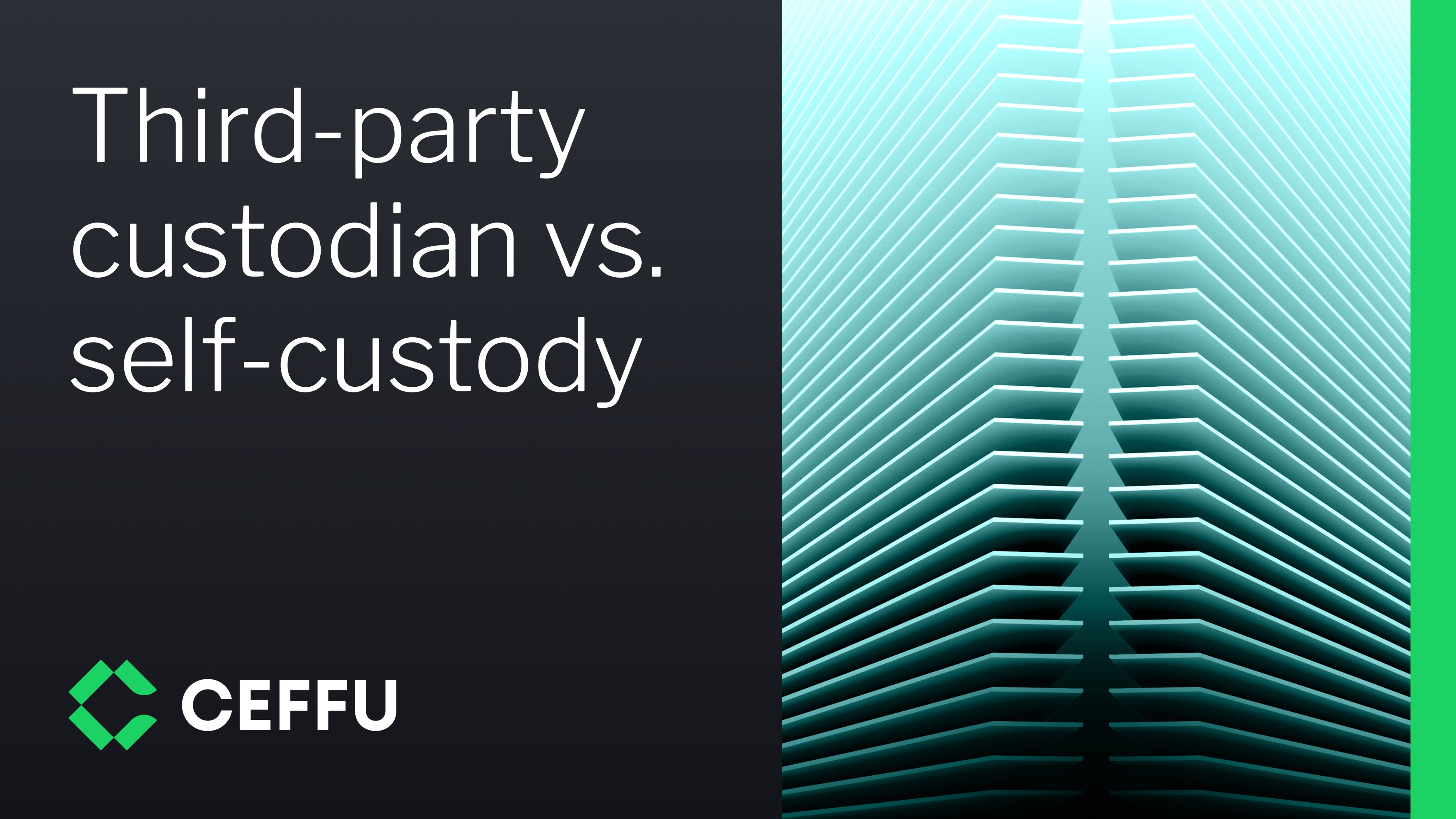
Enhanced Non-Custodial Security: BitScaler introduces a non-custodial signing delegation mechanism, allowing users to remain secure and in control of their assets—even when delegating transaction signing—without relying on third-party custodians.
-

Greater Flexibility for DeFi & Cross-Chain Integration: The synergy of BitScaler and channel factories paves the way for seamless integration of diverse assets and advanced DeFi protocols on Bitcoin, transforming it from a store of value into a versatile financial platform.
Security remains uncompromised. The non-custodial signing delegation built into BitScaler ensures that users retain full control over their assets, even when relying on delegates to co-sign transactions. This model is especially attractive for enterprises and high-frequency traders who require uptime and operational flexibility without ceding custody or introducing counterparty risk.
Additionally, BitScaler’s multi-party architecture paves the way for seamless integration with cross-chain protocols and asset bridges, positioning Bitcoin as a foundational layer for multi-asset DeFi ecosystems. These developments are already sparking interest among developers seeking to build next-generation financial products that leverage Bitcoin’s liquidity and security.
“BitScaler is a seismic shift for Bitcoin scalability. It’s not just about faster payments, it’s about unlocking a new era of programmable money on the world’s most secure blockchain. ”
Community sentiment reflects this optimism. Early adopters and Lightning node operators are reporting smoother liquidity management, fewer on-chain bottlenecks, and a marked reduction in operational overhead since implementing channel factory-based solutions. As more projects integrate BitScaler, the network effect will only intensify, compounding throughput gains and reinforcing Bitcoin’s position as both a store of value and a dynamic settlement layer.
What’s Next for Lightning Network Scalability?
Looking ahead, the synergy between BitScaler, channel factories, and ongoing protocol upgrades like channel splicing and Timeout Trees promises to further accelerate Lightning adoption. These innovations are not just incremental, they represent a paradigm shift in how Bitcoin can serve billions of users without compromising its core principles.
As the price of Bitcoin remains at $112,088.00, the need for scalable, efficient transaction layers is more urgent than ever. BitScaler and channel factories are at the forefront, transforming Bitcoin from digital gold into a programmable, liquid, and highly scalable financial backbone.







